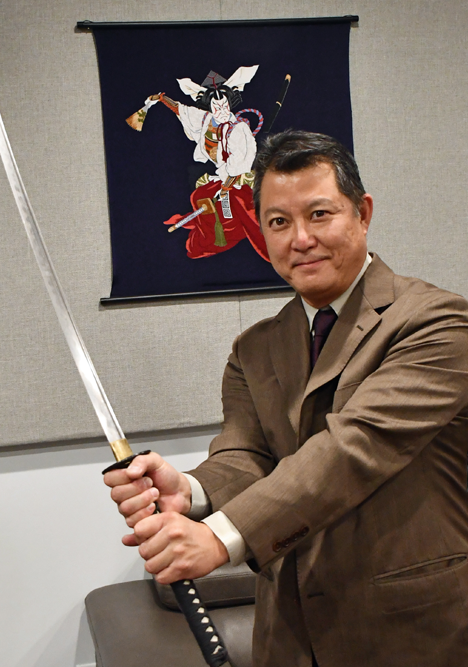It is generally accepted and expected that citizens in a nation of laws will cooperate to the fullest extent possible in helping to keep society and the community safe, secure and comfortable. To that end it is hoped that citizens will work with police officers and officials to the best of their ability and this will help the community as a whole.

There are many scenarios where citizens might find themselves dealing with police officers and they are asked by the police to cooperate with the activities of the police. Some of the situations might involve whether you have observed or witnessed any illegal or suspicious activities or if you have any information that might be of value to an ongoing investigation. Certainly it is beneficial to all if you have information and time, to cooperate and assist to the best of your ability.
But every citizen must be aware that they have rights as well that must be safeguarded. The best person to provide that security is YOU. Here are some examples that you should be aware of and how you can protect your rights.
- When police have stopped you or are questioning you about some matter they are investigating, do you have to identify yourself?
- Yes, you should always be prepared to identify yourself and show identification if it is requested. If you fail to do so you could be charged with obstructing an investigation.
- If police ask you if they can come into your home to ask you some questions, do you have to let them in?
- NO! You can tell them that you will step outside and talk with them or you can talk through the door. They do not have the right to enter your premises without a warrant.
- If you do not let them in and they tell you that you must have something to hide, politely tell them that your home is private to you and you do not wish to have anyone there that you do not know or invite.
- If they threaten you with getting a warrant to search, be polite and tell them that you will be happy to let them in, when they have a warrant to do so.
- If police have stopped you for a traffic stop and ask if you have any alcohol, drugs or other substances, politely tell them NO. If they ask if they can search your car to be sure, politely tell them NO.
- The police may tell you that if you have nothing to hide, why can’t they search your car? You simply need to tell them that there is no reason for them to search your car and without a warrant you will not permit it.
- The police may threaten to arrest you for obstructing their work or that they will impound your car and search it anyway. Simply tell them your answer is still NO.
- Do not, for a moment, believe that police will not “lie” to you!!!! They are paid to do many things, and one of their greatest tools is the gullibility and trust of the public. Many are the defendants who have been questioned by police and when they are given assurances of the good intentions of the police officer, they gladly volunteer information. Watch for these traps:
- The officer states they don’t want to get you, they only want to get information to catch someone else.
- The officer states they will not charge you if you only have a “little” of that illegal substance. (In fact, they are not the ones who actually “press charges”, it is the District Attorney.)
- The officer says they only want to search for a specific person or object, but once you allow them to search, anything they find could be the basis for future charges filed against you.
Police can lie to you all they want. The only time they have to tell the truth (or so it is supposed) is when they get on the witness stand at trial and they testify how they lied to you and tricked you into admitting some illegal activity that has brought you before the Court.
It is important that we all realize the value of the commitments that police officers make, day in and day out, to foster and promote safety and security in our community, our homes and our lives. They make sacrifices and take great risks. They are to be commended and respected for those efforts. But be certain that you begin as the first line of defense for your own rights and security. Cooperate with the police when you feel it appropriate and you do not feel at risk but whenever there is a chance that the police are possibly looking for ways to bring the law to bear against you, say NO, and let your rights protect you.
Once again, civility and respect are critical at all times. If you get impatient, rude or threatening to them, it will only open the door for them to make more assertions about you, your behaviors and statements that would give them more control over you, the situation and your security. Be calm, be smart, but be firm. The rights are yours.


